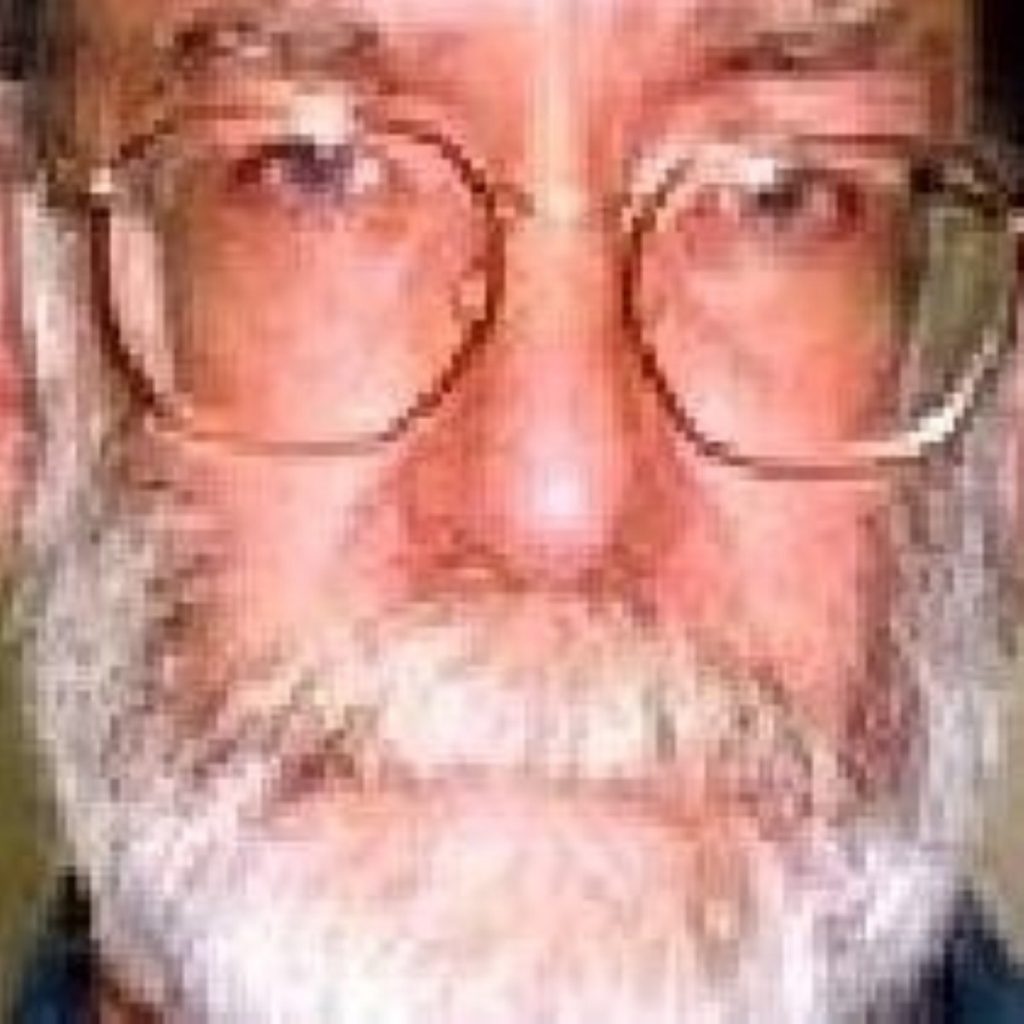Coroners ‘to force action’ on sudden deaths
Coroners will be able to demand organisations act on their inquest reports into sudden deaths to ensure they are not repeated in the future, the government has announced.
The plans are included in the draft coroner reform bill, which was drawn up in the wake of the Harold Shipman murders to give coroners and families more power to probe suspicious and other deaths.
They would ensure action is taking to prevent future deaths caused, for example, in the workplace, by giving coroners the power to request a written response to their inquest report, which would then be made public.
Critics have condemned the bill for not being radical enough, and today’s plans are intended to address some of those fears.


Constitutional affairs minister Harriet Harman said: “The findings of an inquest are important not just to explain how someone died but also to learn lessons for the future which will prevent deaths in similar circumstances.
“Currently, too often, coroners’ findings are not acted on.”
A similar system in Australia has led to changes in the law on pedestrian safety in the workplace, the drowning of children in swimming pools and accidental child hangings from blind and curtain cords.
And today the plans were welcomed by Inquest, which provides advice on contentious deaths and the coroner service. The group said they would lead to “greater accountability of both corporate and public bodies involved in preventable fatalities”.
Co-directors Helen Shaw and Deborah Coles said it was “of paramount importance” that lessons were learned from contentious deaths and urged the government to find time to introduce the legislation in parliament.
Liberal Democrats constitutional affairs spokesman Simon Hughes also praised the proposals, saying: “Often lessons learnt from one tragedy can prevent another…These plans are a way of doing more to make sure loss and suffering are not in vain.”
However, the plans still do not address concerns raised by the constitutional affairs select committee last summer that any fundamental reform of the coroners system must include a change in the way deaths are certified.
Dr Shipman got away with killing more than 200 patients largely because doctors are allowed to rule on cause of death without a second opinion. Campaigners want this rule changed, but the government argues it would be too costly and cause unnecessary delays.









